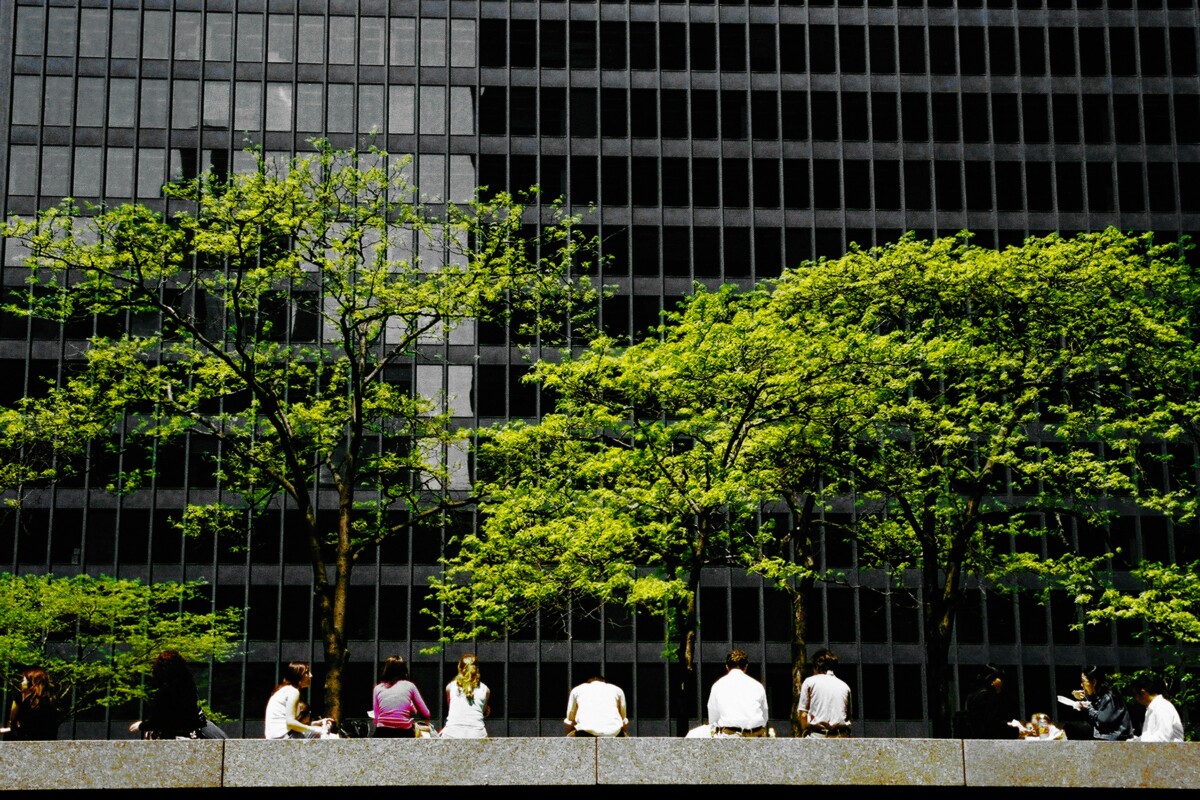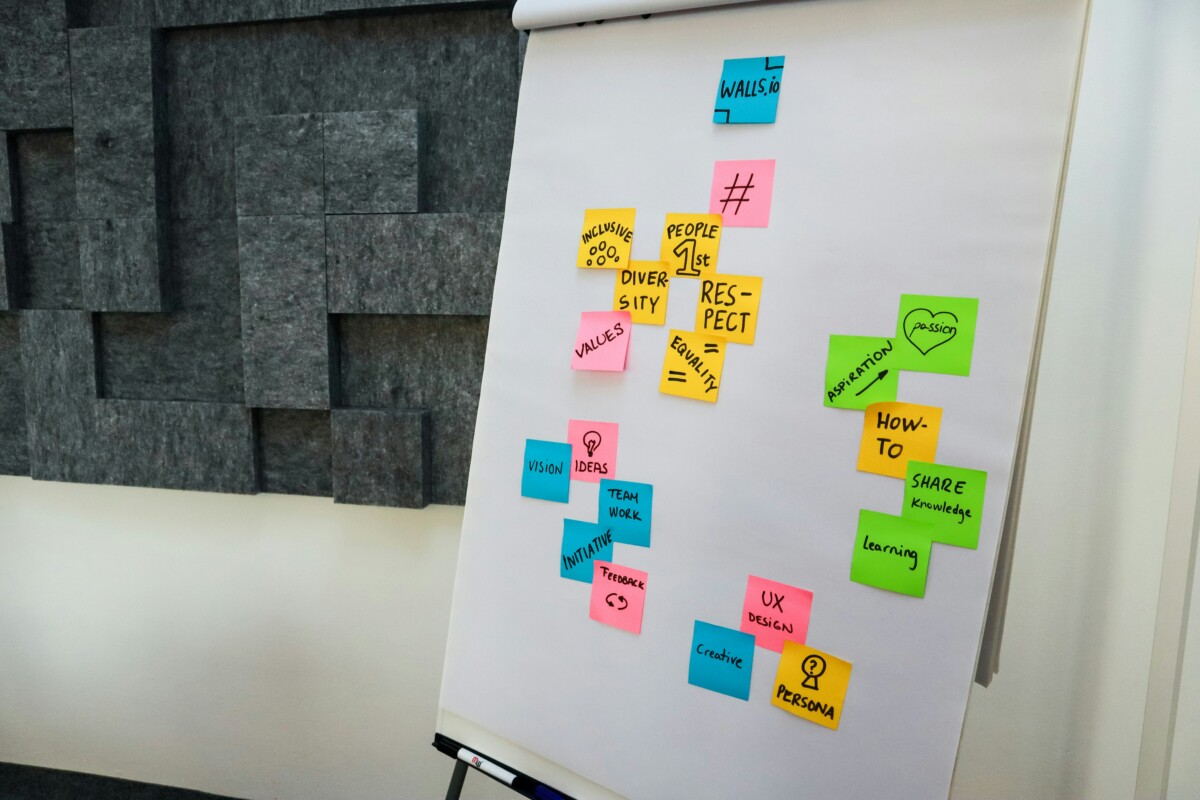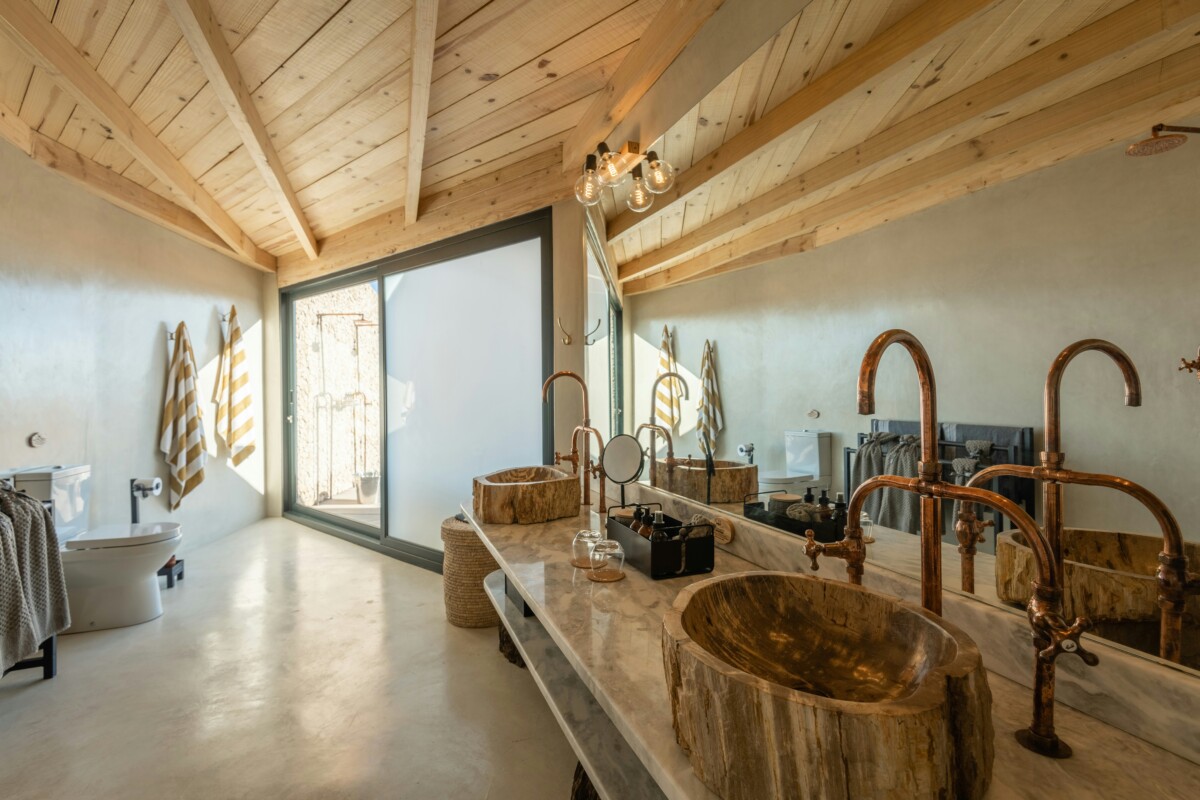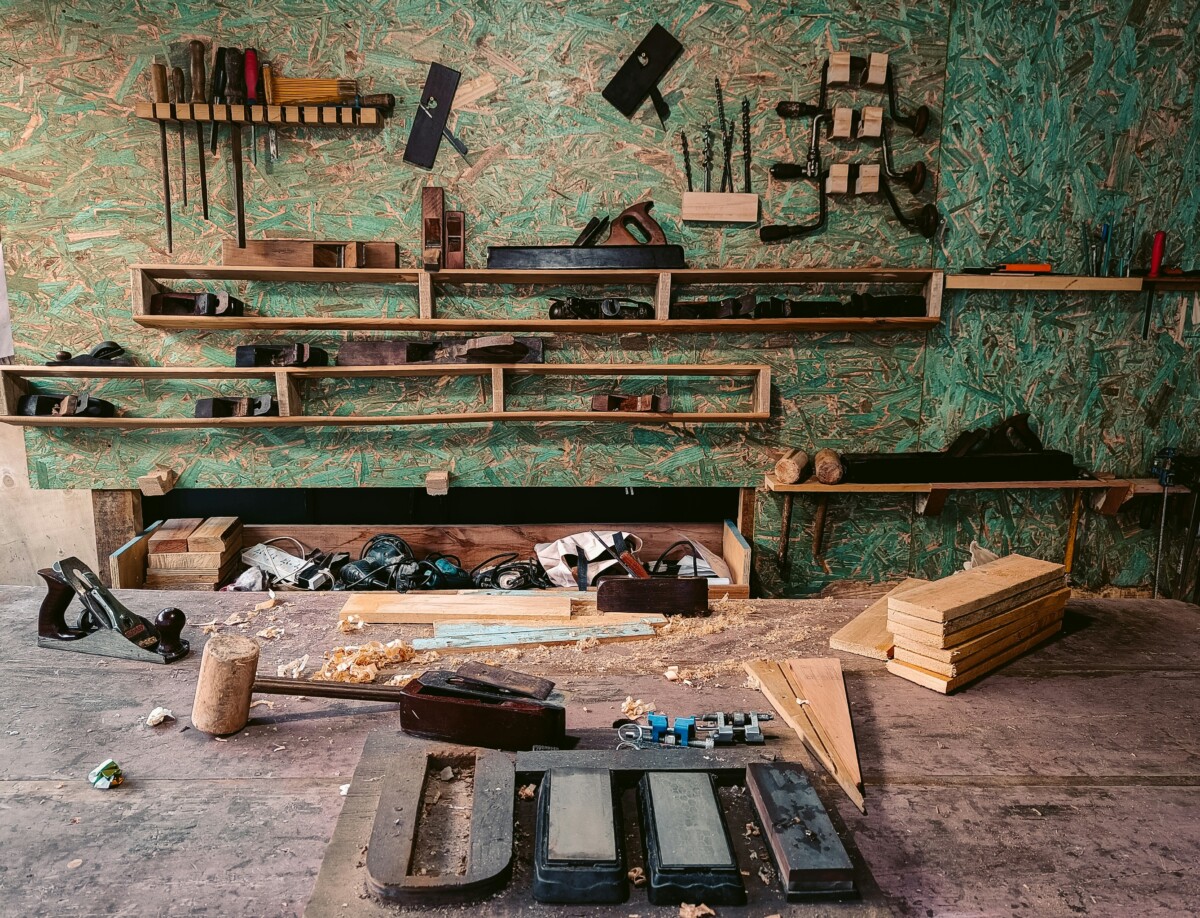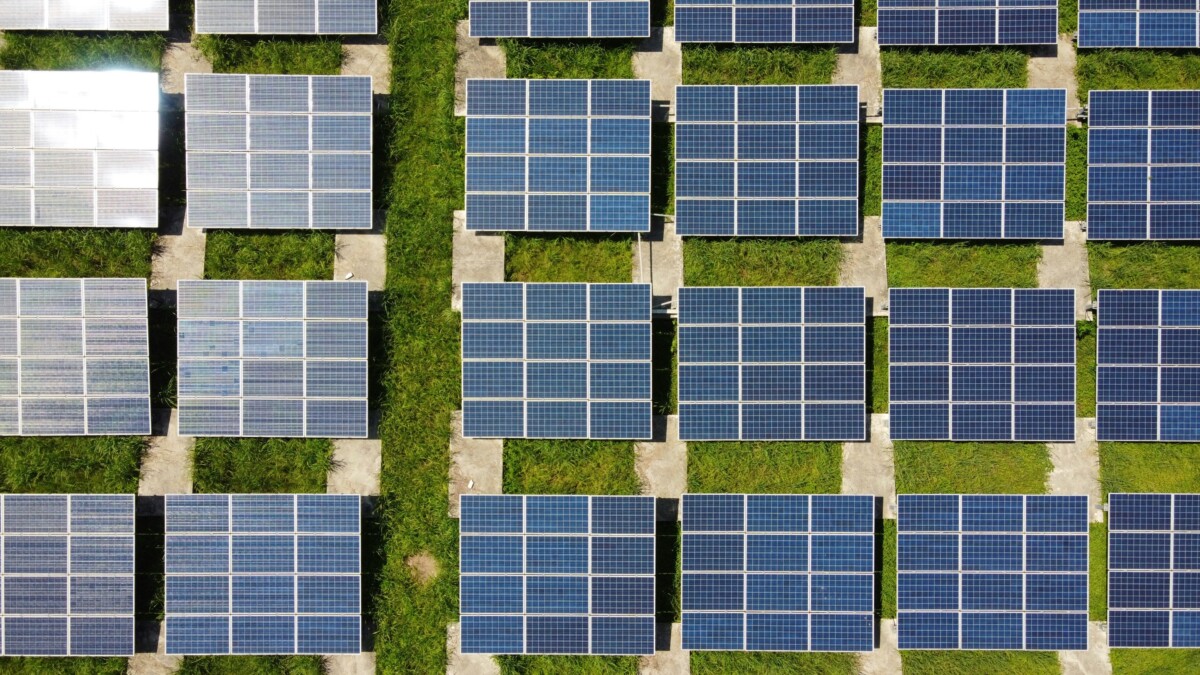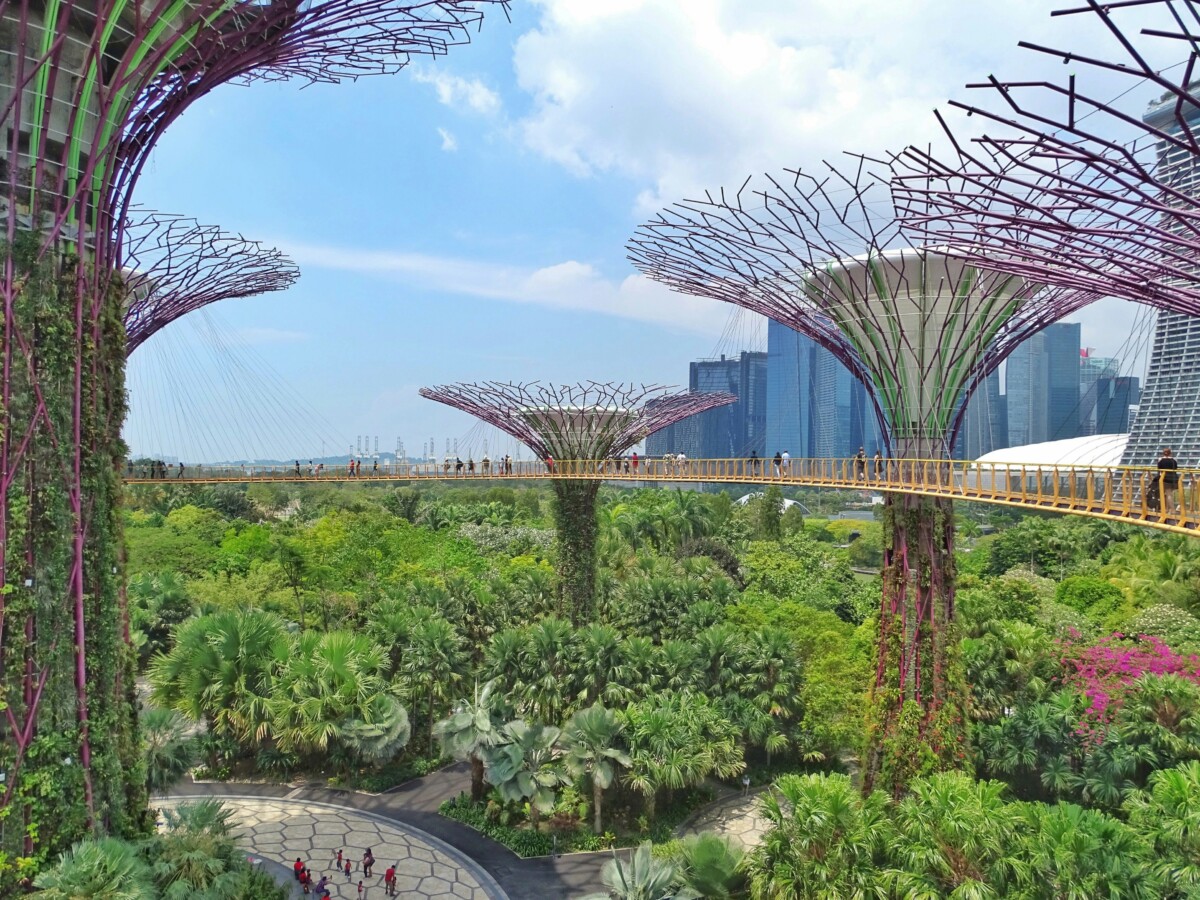The Gender Investment Gap Is Costing Us Climate Solutions
Listen to the full podcast episode on YouTube, Spotify, and Apple Podcasts.
“I invest in women building in climate,” Carmel told us on The Responsible Edge. “Not because it’s charity, but because it’s good business.”
Carmel’s journey is anything but linear. From journalist to fashion executive to founder of a hospitality tech platform, her entrepreneurial drive took many forms—until COVID forced a hard reset. Sitting at her kitchen table during lockdown, she had a moment of realisation: “Whatever I do now, it cannot be about making something for someone just to buy. It has to be about impact.”
That pivot led her to climate tech, angel investing, and ultimately, founding The Table—a non-commercial community of over 225 investors with more than £10 billion AUM, all focused on backing women-led climate ventures. Since launch, 32 deals have been shared, 10 closed, and new models of capital allocation are taking shape.
🛑 The Myth of the Pipeline Problem
Investors often claim there just aren’t enough women building VC-backable climate solutions. Carmel disagrees.
“That’s not true,” she says plainly. “Women are building incredible businesses. They just don’t have the resources—and they’re building differently because of it.”
Women are present in the early stages. Cohorts at venture builders like Zinc or Carbon Thirteen are often 40–60% female. But when it comes to pre-seed or seed funding, the numbers plummet. The result? A false feedback loop that implies lack of ambition rather than lack of access.
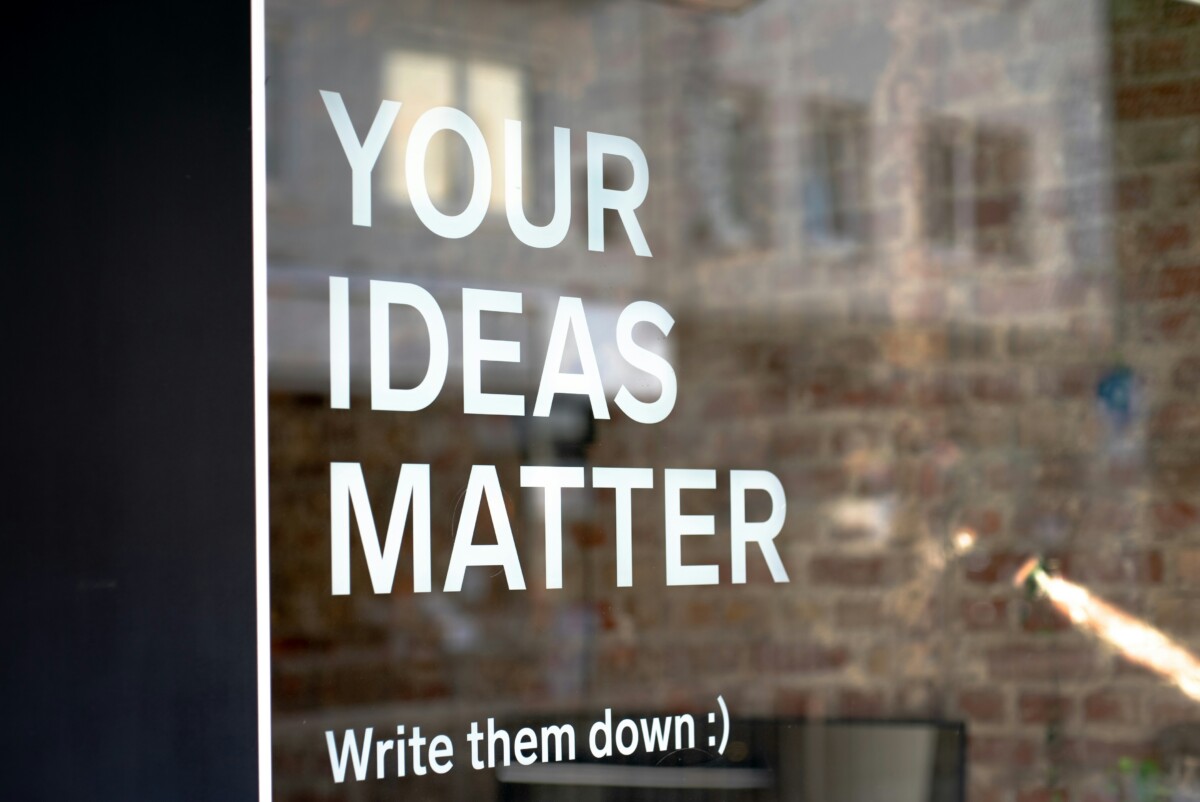
🔁 Same Bias, New Money
A recent Trellis article suggested that more corporate capital in climate tech might change the gender equation. But Carmel isn’t convinced.
“Corporates don’t treat women differently. The same biases are embedded—just with a new logo.”
Her frustration is rooted in data. Women-led startups deliver higher ROI, reach unicorn status faster, and maintain stronger fundamentals. Yet when pitching, men are asked about their vision. Women are asked about their risks.
🔧 Fixing the System, Not the Women
So what needs to change? For Carmel, it’s not about training women to pitch better. It’s about rebuilding the structures they’re pitching into.
Here’s what she recommends:
-
More catalytic capital: Funds like The Table Foundation (launching soon) offer recoverable grants to match investments, reducing the perceived risk.
-
Visible, shared deal flow: The Table invites all investors—angels, syndicates, funds—to co-invest and share live rounds.
-
Data transparency: Asking every member to report the gender and diversity make-up of their portfolio and team is one small but powerful act of accountability.
“We’re not subsidising climate tech. We’re subsidising men. It’s time to change the ROI conversation.”
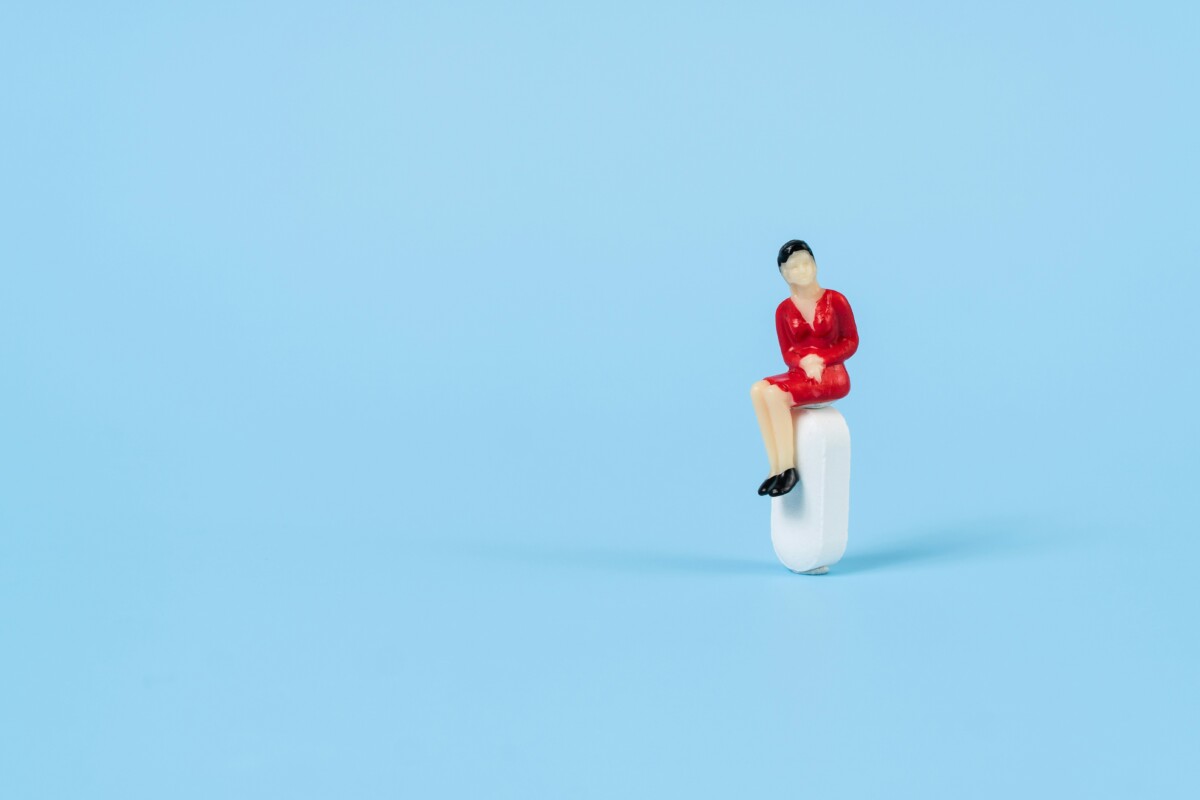
🎯 Why This Matters for Climate Tech
Carmel’s call-to-arms isn’t just about equity—it’s about effectiveness. Climate tech doesn’t have the luxury of letting good ideas die on the sidelines because of bias.
“We need all the innovation we can get,” she says. “We can’t afford to run the same VC playbook and just hope for the best.”
When you fund a narrow slice of society, you get narrow solutions. Mixed teams, diverse founders, and new ideas aren’t just morally right—they’re our best chance at solving the climate crisis.
✊ Final Word
When asked what one thing she’d change about the commercial world with a magic wand, Carmel didn’t hesitate:
“The bias against women.”
She’s not waiting for a wand, though. She’s building new structures. Sharing better data. Opening locked doors. And with every climate-positive, woman-led company that gets funded, she’s proving that impact and returns aren’t trade-offs—they’re allies.
Building Trust, Together
👉 Join The Anti-Greenwash Charter and join a growing movement of responsible communicators who are raising the bar for integrity in sustainability storytelling.
Want to be a guest on our show?
Contact Us.
The Responsible Edge Podcast
Queensgate House
48 Queen Street
Exeter
Devon
EX4 3SR
Recognition.
Subscribe Now.
Subscribe below to receive a monthly email featuring all new episodes of The Responsible Edge Podcast.
© 2025. The Responsible Edge Podcast. All rights reserved.
The Responsible Edge Podcast® is a registered trademark of The Anti-Greenwash Charter Ltd.
Created by The Anti-Greenwash Charter
© 2025. The Responsible Edge Podcast





